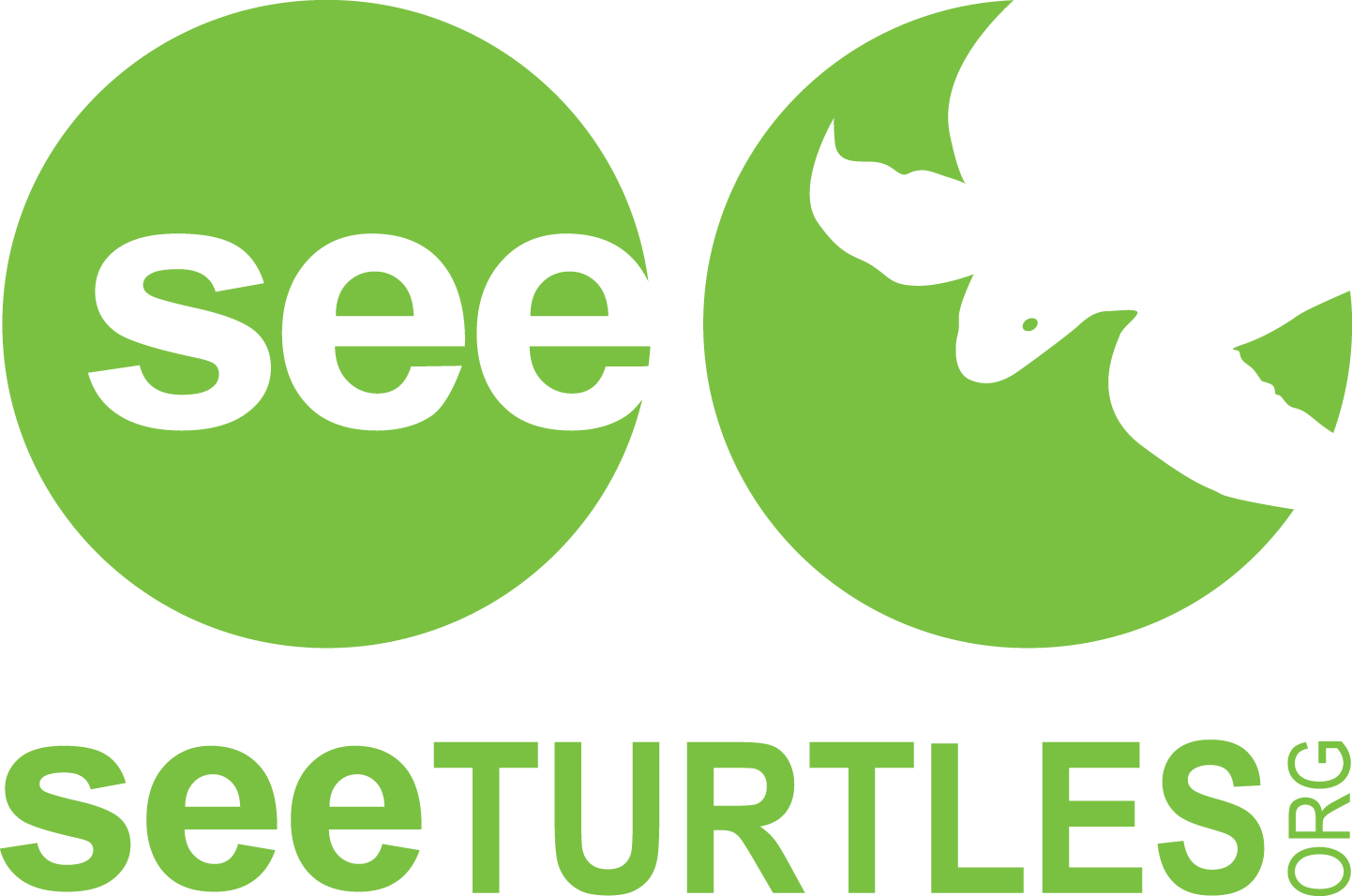Plastic, Plastic, Everywhere
By Katie Ross, Outreach Manager
For the past couple decades, scientists have come to different results when estimating the amount of plastic in our world’s oceans because it is hard to gauge how much trash is really out there. But there is one thing they can agree on, there is too much and it is causing a negative impact on the health of all our oceans and the animals that depend on them. This problem will only get worse if we don’t take action and address this issue right now.
An article was recently published by John Schwartz in the New York Times about a study on plastic in the oceans that was published in the PLOS One journal. The team of scientists from the organization 5 Gyres, used computer models to estimate figures from their samples and came up with very surprising results. They predicted that there are “5.25 trillion pieces of plastic, large and small, weighing 269,000 tons could be found throughout the world’s oceans”. The leader of this study, Marcus Eriksen, says that a lot of the debris by weight is discarded fishing nets and gear. He suggests to solve this problem, an international program could be put in place to pay fishermen who bring in reclaimed nets.
It isn’t just industrial junk out there though, common household items can be found floating everywhere from toothbrushes to plastic bottles and bags. Even your discarded electronics like cell phones and computers are out there! Most of this trash makes its way to the ocean by floating down our rivers coming from landfills and other urban sources. The trash then gathers at gyres where ocean currents converge and sunlight and waves have a chance to break up the plastic into smaller pieces. I went to school in Hawaii for a year in 2008 and when I’d walk on some of the beaches I would see small pieces of very weathered plastic that was soft to the touch. I would pick up as many pieces as I could, but the stuff was everywhere and it seemed like more would wash up the next time I would visit that beach.
The small pieces of plastic may break up until they eventually become as tiny as sand particles. Eriksen and his team expected to find a lot of sand-sized plastic particles floating in their samples because their computer models predicted there would be. The tiny pieces weren’t as abundant as they estimated them to be in their samples so it left them to think that maybe they either sink to the bottom or wash up on beaches, or they might even be ingested by marine animals like fish and whales.
Whether it is small or large plastic pieces in our oceans, we know that hundreds of thousands of sea turtles, fish, whales, and other marine animals die each year from ingesting or getting entangled in debris. Plastic bags floating in the water look just like jelly fish so turtles easily mistake them for food. Once they are swallowed, they can cause blockages within their digestive system that can lead to death. Fishing nets and lines can entangle turtles and either injure or drown them by not allowing them to resurface to breathe. At this point, it's likely that every single sea turtle on earth has to deal with plastic, swimming through it, crawling through it on the beach as hatchlings, or confusing it for food.
It is easy to get overwhelmed thinking about all that trash in our oceans, but we can help by not adding to this global problem. The best way to reduce the amount of plastic entering our oceans is simply to buy fewer products made of plastic or that use plastic packaging. By using reusable water bottles, food containers, and shopping bags, we could greatly decrease the amount of plastic we use and depend on. Also, choosing whole foods and fruits rather than packaged and processed foods is a great way to use less plastic and to eat healthy. We can send a message to the companies that make all the products we use by choosing to only buy items that are created sustainably or have a smaller carbon footprint to produce. The health of our oceans affects us all, and everyone who is a consumer is contributing to this growing problem.
Learn more:


